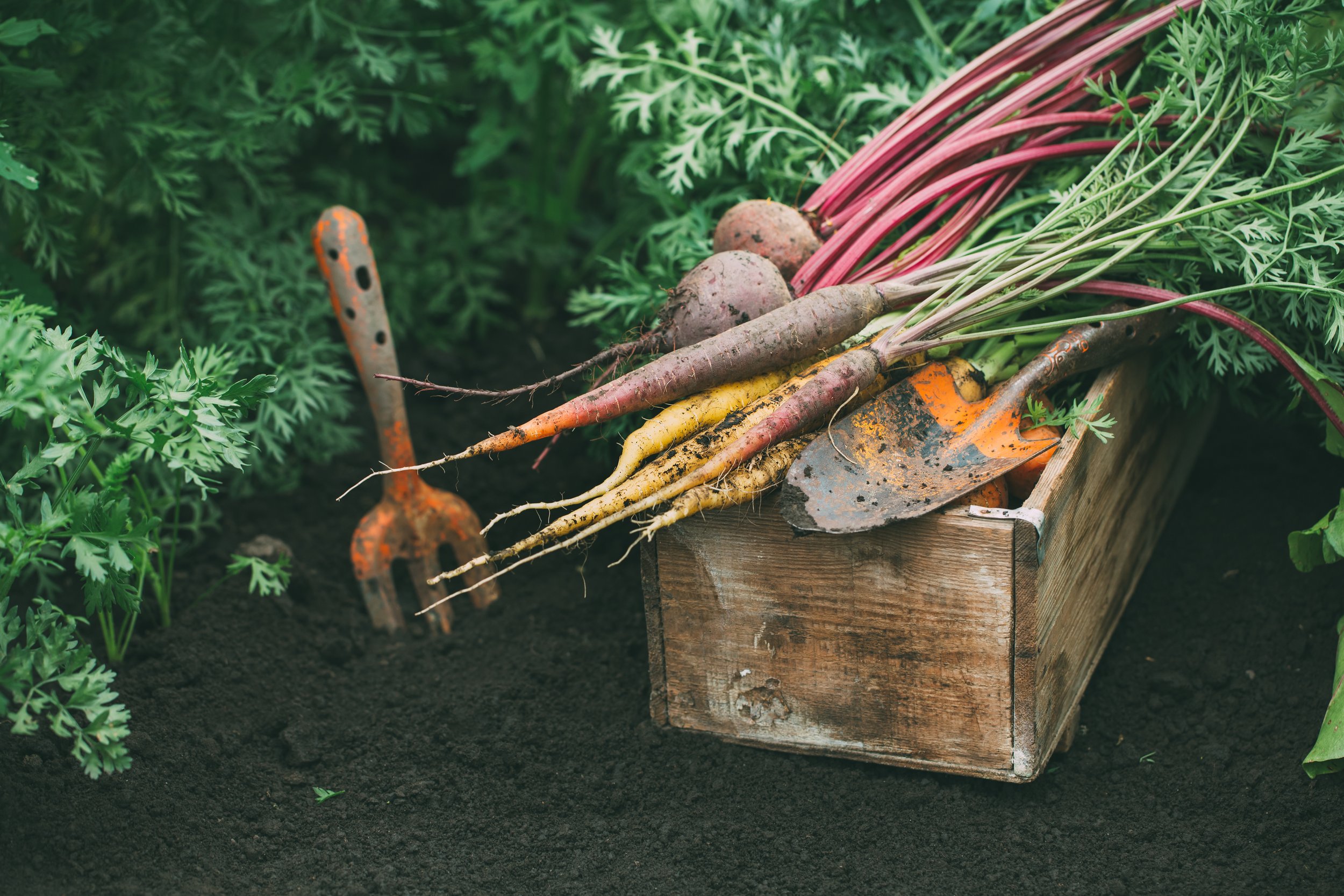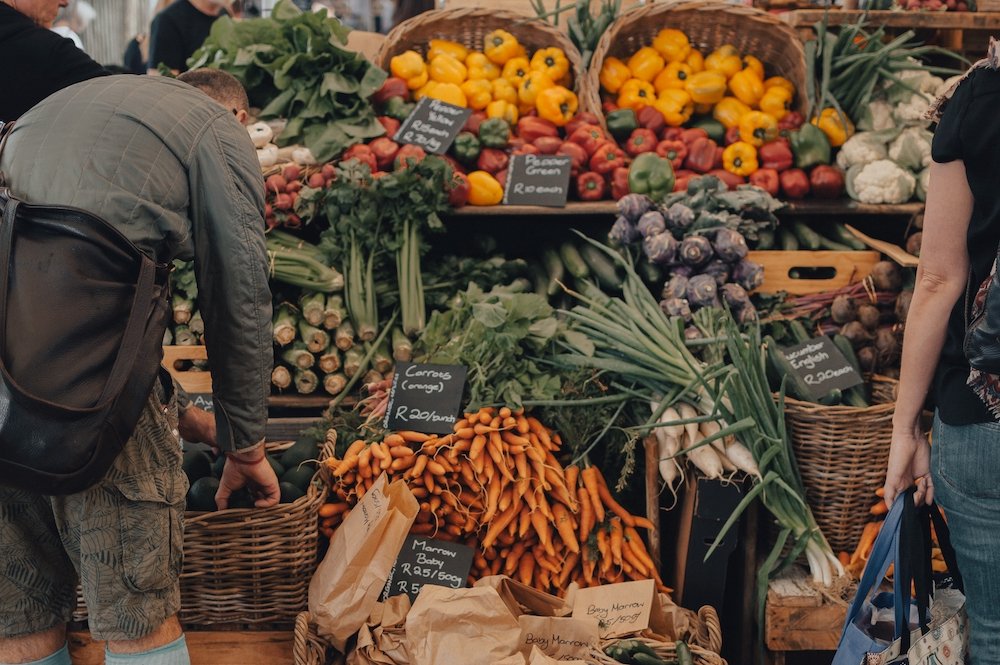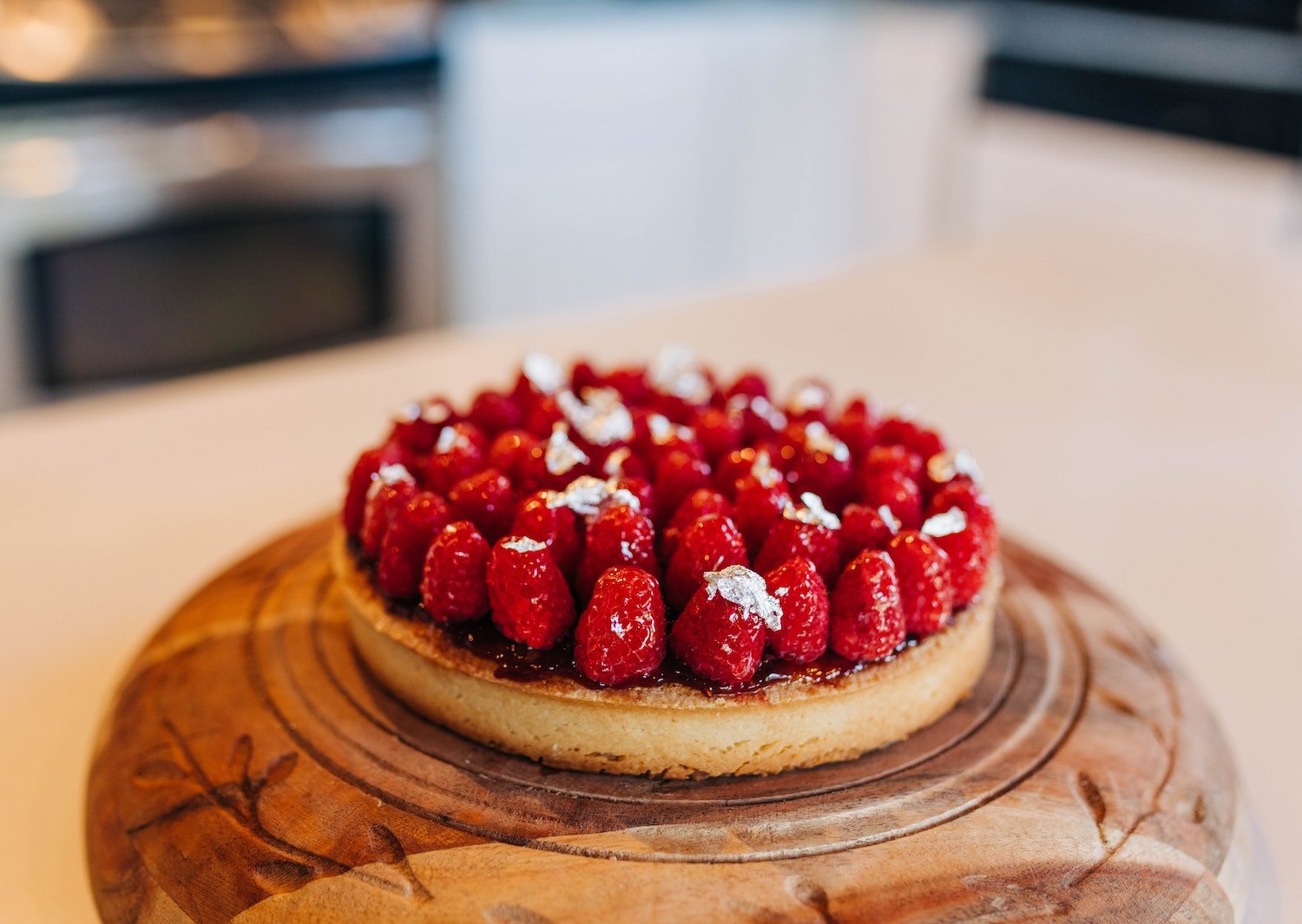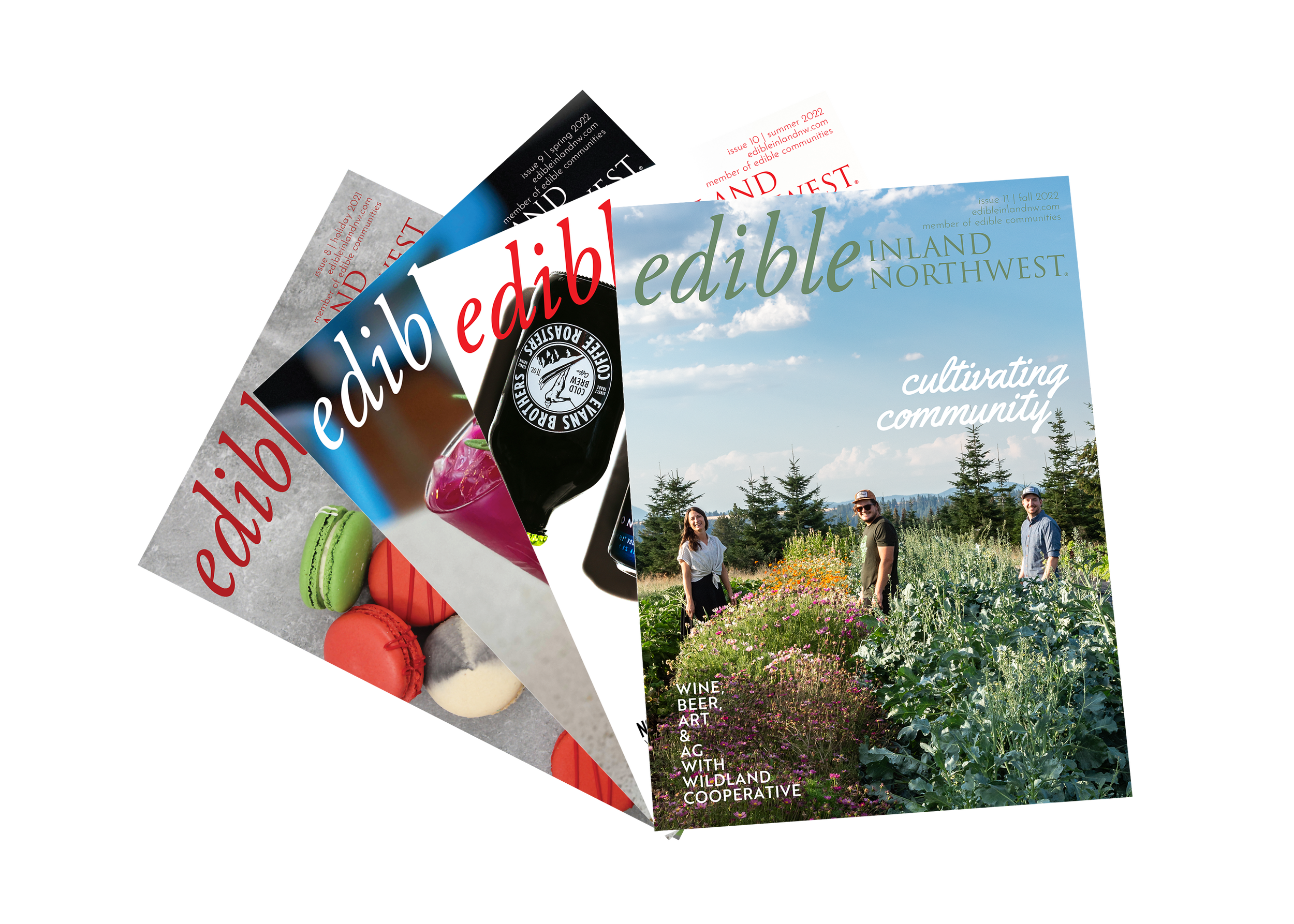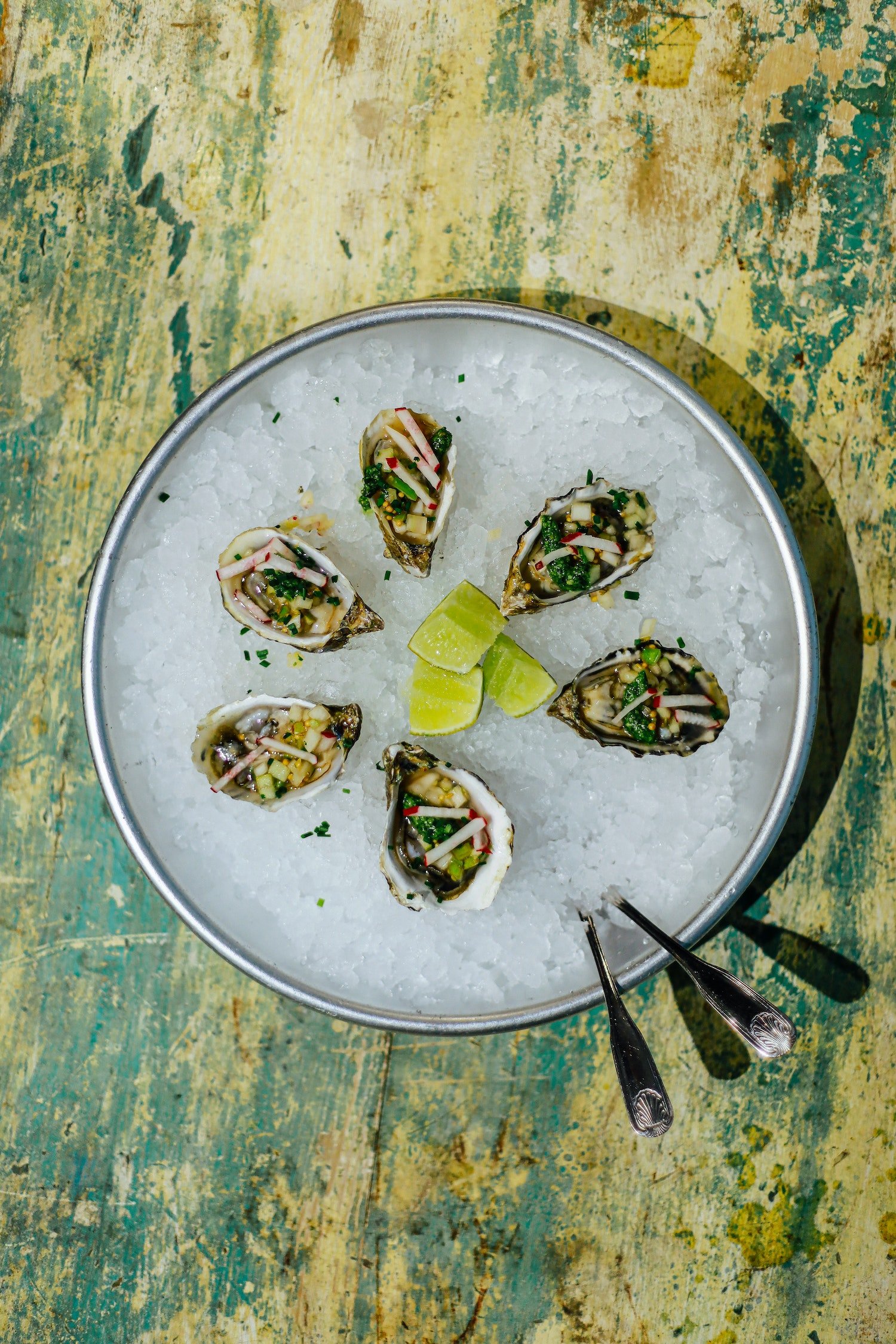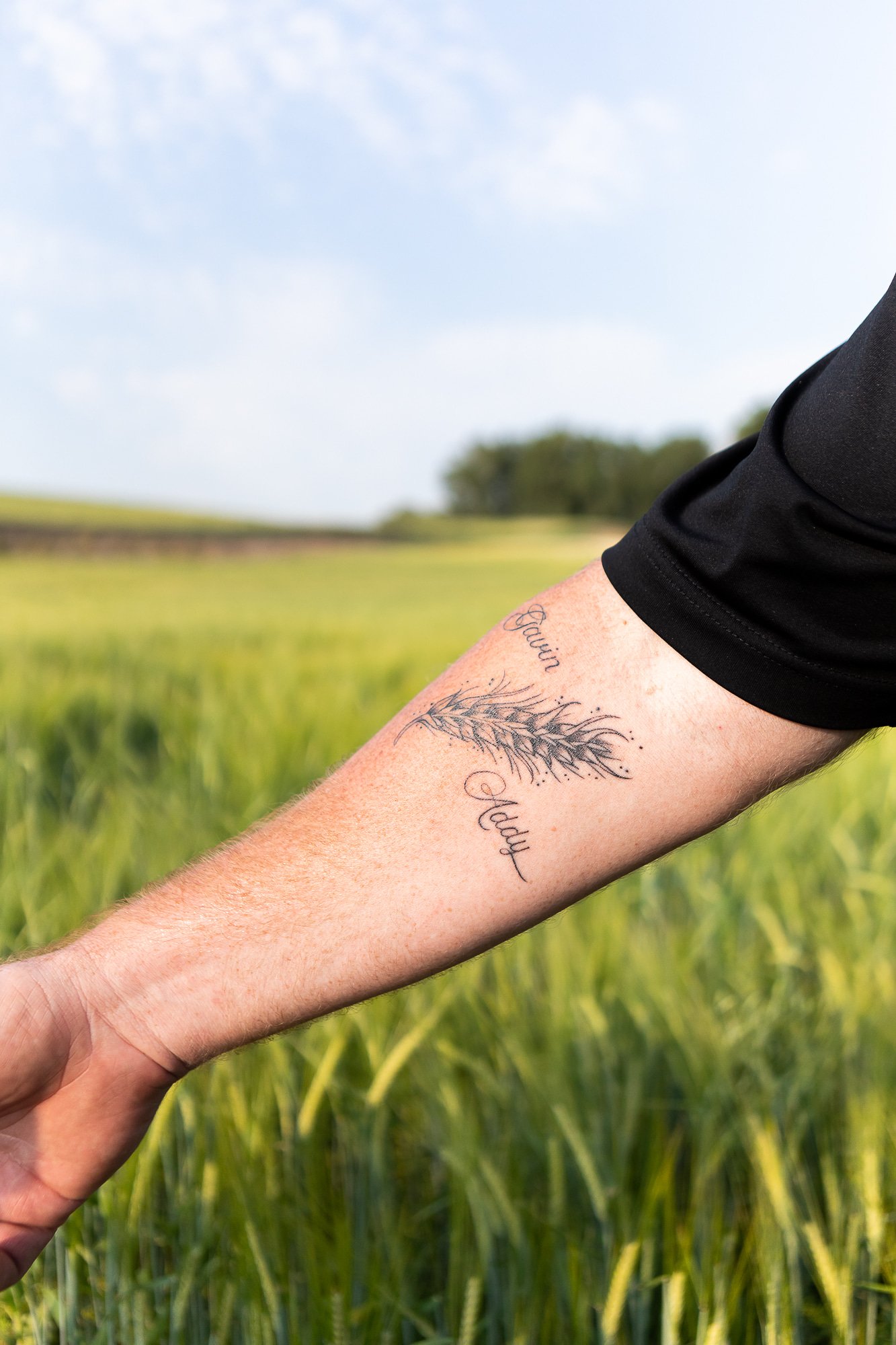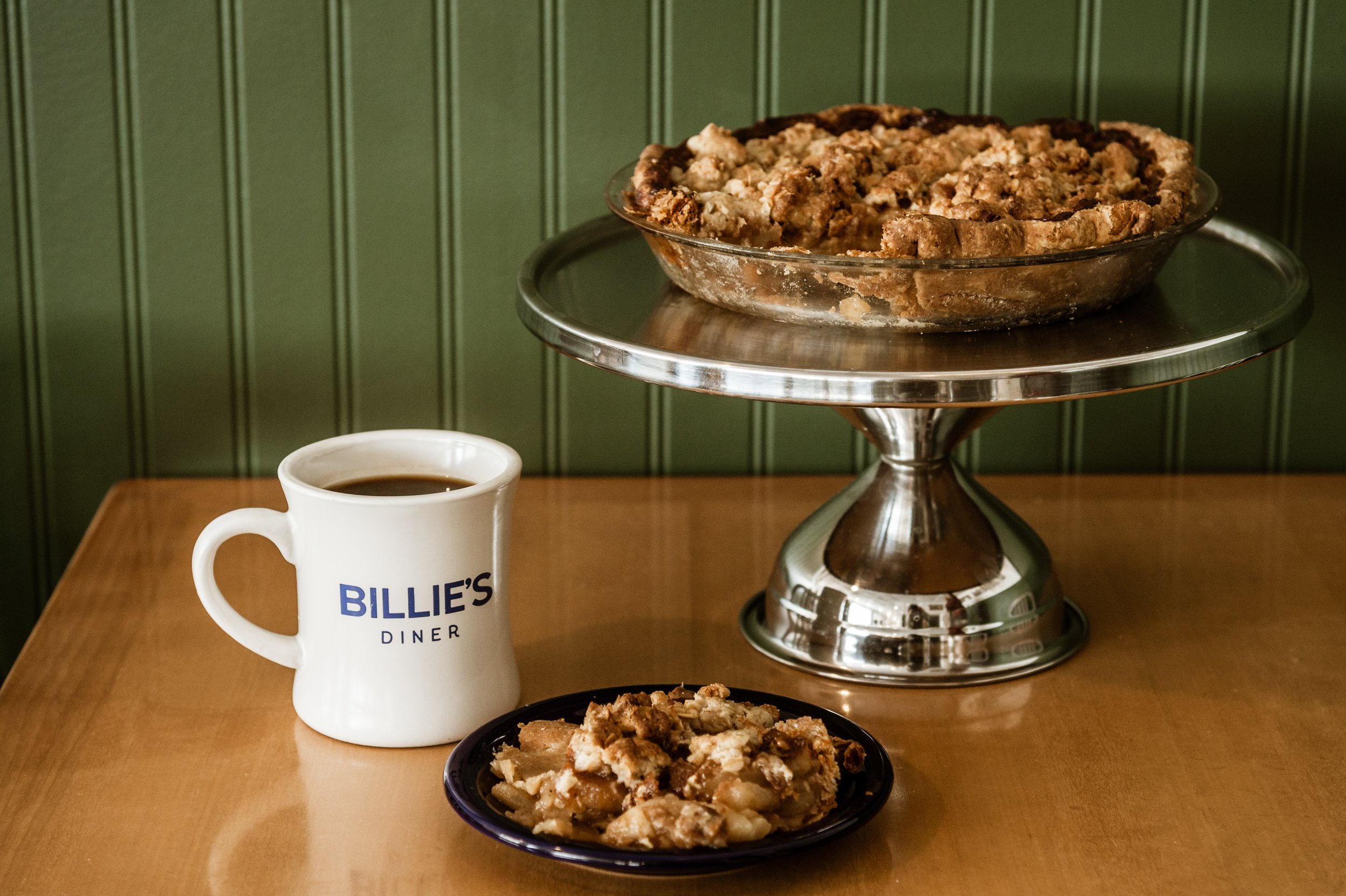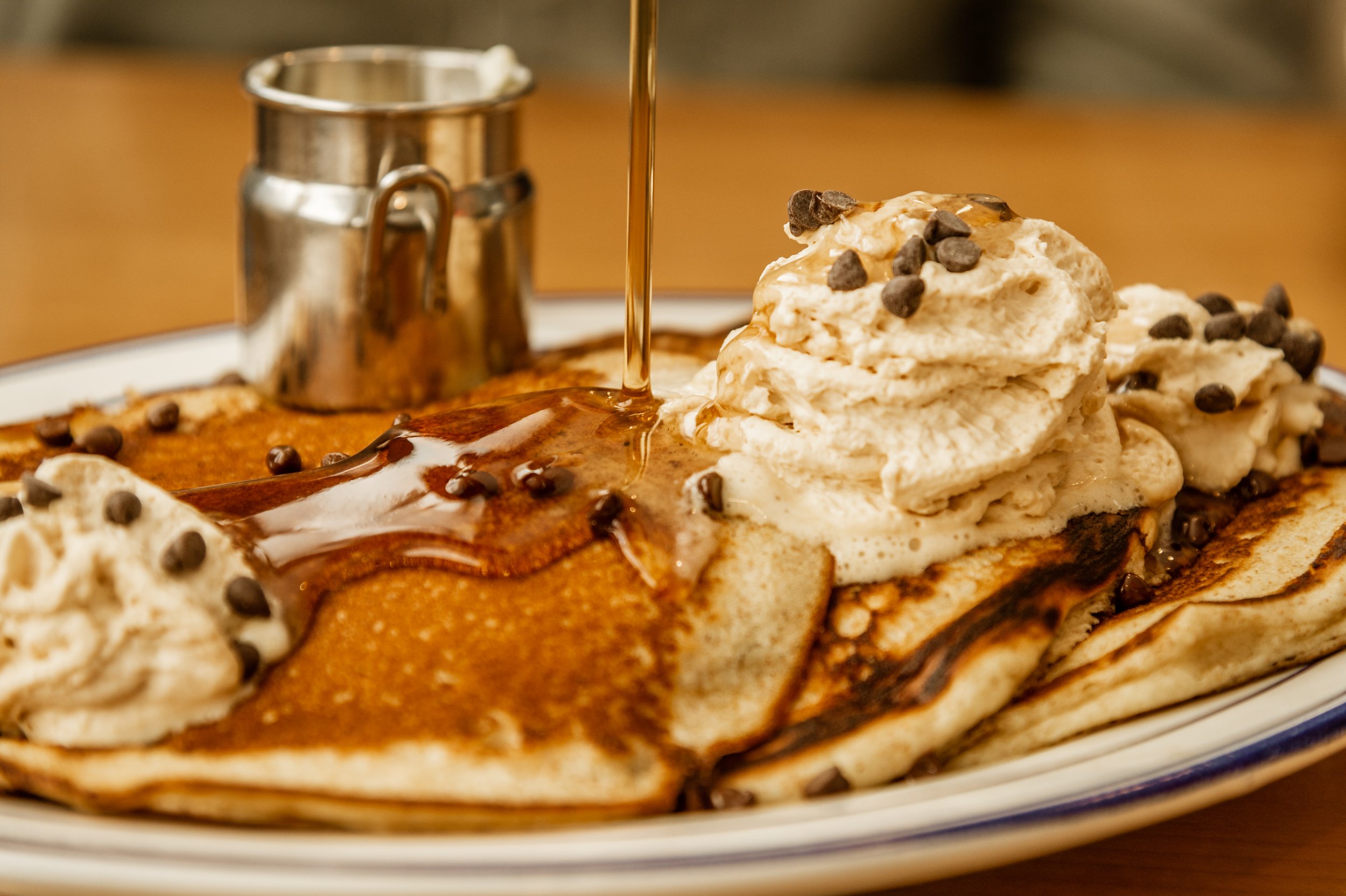Autumn Garden Drawing to a Close
Autumn Garden Drawing to a Close
BY DAVID OTTERSTROM
Fall is an exciting time in the garden. It is a frenetic period harvesting the final vegetables and fruits after months of hard work. Picking ripe grapes off the vine, cheerful sunflowers for bouquets, fanciful looking squash and pumpkins, buckets of greens beans and potatoes and so much more. But once the first hard frost arrives, the harvest season starts to mellow out. It is then an important time to prepare your garden for a successful season next year.
Cover your brassicas such as kale and broccoli with a floating row cover to extend their harvest season. This will enable you to continue harvesting them even after a few weeks of frost. Lightly mulch some of your remaining root vegetables to extend their harvest time. Carrots, beets, turnips and a few other root vegetables actually turn sweeter after a few frosts. Carrots and parsnips can store in your soil all winter if you cover them with a few inches of mulch. You can then keep harvesting them fresh throughout winter. I have dug up sweet and crunchy carrots and parsnips well into early spring.
Clean out dead debris. You can also wait until spring to clean up many of your dead plants because they can bring winter interest or provide food or shelter for wildlife during the winter months. But it can be helpful to clean up some of the debris now so you have less work in spring. It is especially helpful to pull out weeds that have been hiding under your plants all season. This way they do not continue to soak up nutrients that you want other plants to use next year.
Specifically, weed out annuals because they will not be coming back. A lot of your perennials once they go dormant can be trimmed down as well. It is important to throw away diseased plants and not add them to your compost. These are plants with signs of fungal or bacterial diseases such as tomato blight or powdery mildew on pumpkin leaves. It is important to throw these plants away so they have less chances to continue the same diseases in the garden next year.
Add mulch or compost to your garden soil. By this time of year the flowers and vegetables have depleted the soil of many nutrients. Adding nutrients back in the soil helps prepare and renew the soil faster for spring. Fallen autumn leaves are a great mulch to use. Leaves can provide incredible nutrients for your soil because trees draw up minerals from deep in the ground. Some of the best leaves to use are maple, elm and alder. Adding mulch in the fall helps insulate the ground, retain more moisture in the soil, suppress weeds, prevent erosion and provide more food for the beneficial soil biota.
Take notes as to what worked in your garden this year and what did not. This is a time to contemplate what food you actually find worth growing and what has and hasn’t been successful. Happy gardening!

